So you want to know how to boost your immune system for winter?
I don’t blame you…
If you didn’t know two years ago, you likely do now – our immune system is the first line of defense against the viruses and pathogens that are all around us.
Millions of years of evolution have gifted us an immune system that constantly finds ways to prevent, fight, and eliminate harmful microbes.
Unfortunately, as we’ve just tragically seen first-hand, our natural defense mechanism against microorganisms isn’t foolproof.
Our immune system’s effectiveness depends on several factors including existing medical conditions, nutritional intake, inflammation, lifestyle, environmental factors, and more.
Our immune system faces its hardest test during the winter.
- Although harmful pathogens are ever-present around us, the cold weather creates a favorable environment for the spread and strength of the microbes.
- As we age, the efficiency of the immune system decreases and we become more susceptible to infections.
Whatever the current condition of the body, our best chance of protection depends on boosting our immune system.
Is it possible to generate a near-perfect immune response during winter?
I think it’s possible, especially with these tips with clinical research to back up the science.
I’ve listed all 43 hyperlinks to the source of each point I reference at the end of this blog.
And I think that if you haven’t focused on improving your immune system for the challenges of winter, you’ll do it now, after reading this.
How Does the Cold Weather Affect the Immune System?

Research indicates that viruses replicate much faster at lower temperatures [1].
Studies also show that flu-causing viruses not only survive but grow and spread in low temperatures and low humidity environments [2] [3].
The environmental conditions that winter creates are not only aiding the growth of viruses, they also negatively impact our immune system.
In lower temperatures, the immune system has to work harder to maintain a reliable defense and fight off infections.
Why is that so? Well usually due to one or more of the following:
Dip in Vitamin D Levels: In winter, either the sun hides behind the gloomy weather or people stay indoors longer to escape the cold weather. Whatever be the reason, exposure to sunlight reduces, which results in less vitamin D in the body. We need adequate vitamin D in the body for a healthy immune system [4].
Narrowing of the Blood Vessels: The cold, dry air we inhale during winter narrows the blood vessels. The body takes this measure to conserve heat. Narrow blood vessels in the upper respiratory system make it harder for white blood cells to reach the mucus membrane to fight viruses.
Slowing of Immune Response Due to Lower Temperatures: Researchers observed a decrease in immune response when respiratory cells of mice were exposed to lower temperatures [5].
Spending More Time Indoors: The risk of infection increases when people are cooped up indoors to escape the chilly weather outside.
How to Strengthen Immunity to Beat the Winter Ills and Chills
Escaping the winter ills has proved elusive for many.
It’s surely not because of a want of advice from doctors and experts.
To ward off or fight harmful pathogens, the body requires an effective and balanced immune system, which is possible only when you adhere to the following points:
Foods to Boost Your Immunity
Like any other function in the body, the functioning and efficiency of the immune system depend on a steady supply of proteins, vitamins, healthy fats, antioxidants, minerals, and a host of other substances.
Here is a list of foods that can boost immunity. They are available in abundance during winter.

Root Vegetables
In winter, root vegetables help you stay warm by providing the body with much-needed energy.
Include beetroot, carrot, turnip, yam, and potato. These vegetables are also rich in vitamin A and C and antioxidants.
Some of the inflammation-fighting and detoxifying minerals such as potassium and iron are also present in these vegetables.
Some of the root vegetables can also be taken raw or boiled, as in salads and soups. Make root vegetables part of your regular winter diet.
Citrus Fruits
Are you suffering from cough and cold? You need vitamin C to fight the infection. That’s what doctors say.
Citrus fruits are the best natural source of vitamin C. The vitamins in citrus fruits increase the production of WBC, thereby boosting your immune response.
The body neither produces nor effectively stores this vitamin. Hence, you need a regular dose of vitamin C, particularly in winter, to build a strong immune system.
There are a wide variety of citrus fruits to choose from and almost all of them are a good source of vitamin C. That said; add limes, lemons, tangerines, clementines, oranges, and grapefruit to your daily menu.
You can add other fruits too in the vitamin C club. Single papaya of medium size contains double the recommended amount of the vitamin.
Plus, it also contains folate, magnesium, and potassium. These nutrients along with vitamin K are present in the Kiwi fruit.
Meat and Seafood
Your arteries would give out a sigh of relief if you replace red meat with white meat and seafood. Another good reason to opt for white meat like chicken and turkey is that they contain plenty of vitamin B6.
Adding 3 ounces of poultry to the diet will supply you with over 33% of your daily recommended amount of vitamin B6 [6]. This vitamin is required for the production of red blood cells.
Soup made of boiled poultry bones contains chondroitin, gelatin, and other nutrients that improve immunity.
Although we will discuss zinc in greater detail later in the article, by now because of COVID-19, most of you must be aware of the important role zinc plays in boosting the immune system.
Shellfish is loaded with zinc, not too much though, enough to aid a helping hand in fighting infection. Mussels, lobster, crab, and oyster are shellfish varieties rich in zinc.
Nuts and Seeds
Nuts and seeds are not just tasty, they are healthy too. A handful of nuts (add anything you like, more particularly almonds, walnuts, and peanuts) daily will supply the body with essential nutrients such as folate, omega-3, vitamin A and C.
Nuts are also a good source of antioxidants and energy.
Apart from helping you build a strong immune system, nuts also reduce the risk of obesity and cancer.
Seeds such as sunflower seeds, flax seeds, sesame seeds, etc. are a rich source of fiber, magnesium, phosphorous, vitamin B6, and vitamin E.
Our body needs vitamin E for the healthy development and maintenance of the immune system. These seeds also contain selenium, which studies show is capable of fighting viral infections [7].
Fats and Oils
Healthy fats in salmon, avocado, and olive oil are essential for brain and heart health. Foods rich in DHA and EPA fatty acids are also needed for the proper absorption of immunity-boosting vitamins like A, D, E, and K.
Make sure the fat you consume is plant-based or derived from seafood. Adding a spoon of Ghee (clarified butter) will add flavor to food and keep you warm and healthy during winter.
Spices, Herbs, Sweeteners, and Others
Black pepper, turmeric, ginger, and garlic are common ingredients in many curries.
They generate a warm feeling in the body and keep away the cold. Perhaps their greatest benefit is in their role as immunity boosters.
Curcumin in turmeric is known for its anti-viral and anti-bacterial properties. Plus, it also helps you exercise longer by reducing muscle fatigue and damage [8].
Jaggery and honey will help improve digestion and immune response. Both jaggery and honey fight cough and other flu symptoms.
Researchers have found that honey plays its part in warding off viruses by fuelling the immune system [9].
Black pepper is called black gold for a reason. Is there anything black pepper can’t do?
It fights off invading viruses and bacteria. The spice stimulates the production of WBC. It is good for digestion, intestinal health, and cardiovascular health [10].
Plus, Piperine – the active ingredient in black pepper – helps the body absorb vitamins, minerals, and other vital nutrients from the food we eat.
Immune Rejuvenation Through Supplements
Nature provides all the nutrients we need to develop and maintain a solid immune system.
But the fact remains that we don’t take enough healthy foods to fulfill our daily recommended amount of vitamins, proteins, minerals, fat, Nootropics, and other nutrients.
Hence, we have to rely on supplements to support our immune system. Here are a few essential supplements that can help boost immunity.
Vitamin B6 and B12
Are you a vegan or vegetarian? Red meat, poultry, and eggs are the best sources of B6 and B12.
In the absence of meat in your diet, supplementing these vitamins becomes essential.
B6 and B12 deficiency can severally affect the immune response.
Both these vitamins provide a wide range of benefits that are important for overall good health.
From heart to brain health, RBC production to preventing thinning of bones, B6 and B12 play a vital role in fulfilling our bodily needs.
In winter, take vitamin B6 and B12 supplements to improve immunity and treat chronic diseases [11].
Zinc
Zinc isn’t produced in the body. Hence, for a strong immune system, you need to take zinc supplements, especially during winter.
That is because the micronutrient activates the immune cells to help prevent, reduce, and fight infections in the upper respiratory system.
Several studies have shown that zinc curtails the severity of the common cold by 33% [12].
Taking adequate zinc is vital for the elderly. In older adults, the nutrient promotes immunity and reduces the risk of infections [13].
Magnesium
Magnesium plays a vital role in over 300 reactions liked with the cardiovascular system, nervous system, macular health, and immune system.
The nutrient helps prevent and reduce the severity of several lifestyle diseases such as diabetes, high cholesterol, and hypertension [14].
Magnesium not only boosts immunity; it’s also involved in harmonizing the immune response. Doing so, the nutrient helps reduce inflammation, which is responsible for chronic diseases, obesity, and aging [15] [16] [17].
Alpha GPC
As one of the best supplements to boost choline – a precursor to the neurotransmitter Acetylcholine – Alpha GPC, directly and indirectly, boosts our infection-fighting functions.
It improves the overall health and wellbeing of the user by reducing stress hormone secretion. One of its most important functions is to boost immune response during infections [18].
During winter, it’s easier to curl up and sleep in bed than exercise at home or go to the gym. Taking Alpha GPC ensures the users exercise longer and harder. Plus, the supplement taken with healthy fatty acids decreases muscle damage [19].
Guarana Powder
The Amazonian tribes were right. Taking Guarana can do wonders for your health. The supplement contains a range of stimulants and antioxidants [20].
Guarana is also known for its antibacterial properties. Studies show that the supplement kills harmful bacteria that target the gastrointestinal tract [21] [22] [23].
Researchers say that antioxidants play a key role in improving immune response, particularly in the elderly population [24].
If you’re looking for antioxidants for good immune function, then Guarana powder is one for you. Its antioxidant profile is similar to that of green tea [25].
Taurine
Also referred to as the wonder molecule, Taurine comes with several health benefits including improved athletic performance and reduction of risk of illness and diseases [26] [27]. Its disease-fighting and immunity-boosting ability are due to the antioxidants in the supplement [28].
Taurine also has a direct role in regulating minerals, improving hydration, boosting digestion, supporting the nervous system, reducing cell toxicity, and improving exercise performance [29].
Shilajit Powder
Are you tired, weak, and stressed during winter? Shilajit can help you with all of these and more. The nutrients and compounds in the supplement are believed to contain antiviral properties [30]. It addresses the physical and mental energy issue by improving cell function.
According to a study, the supplement was effectively used to reduce chronic fatigue in the participants [31].
Although taken mainly to treat infertility and improve testosterone levels, Shilajit is also used to treat anaemia, altitude sickness, and insomnia.
The antioxidant and anti-inflammatory properties of the supplement also help maintain an effective and balanced immune system [32].
Immune Boosting Exercises for the Winter
Want to feel great in winter? The following are 5 exercise styles that can keep your body, mind, and immune system in tiptop shape.
Strength Training
Who said strength training is optional after 40? Strength and muscle-building exercises are suitable for people of all age groups.
Just 3-4 times a week, these workouts can boost energy levels and makes you feel motivated and productive for a long time.
For strength training, you need not go to a gym or use weights all the time. Bodyweight exercises allow you to practice strength training anywhere and anytime.
Strength training boosts immunity by building up amino acids and proteins in the body. This will help in the production of white blood cells and antibodies to fight infection and diseases [33].
These exercises also aid the immune system by improving blood circulation, stimulating the release of endorphins, and reducing stress [34].

Aerobic Exercises
Aerobic exercises are good for you, regardless of athletic ability, weight, or age. Aerobic activities such as skipping, jogging, cycling, and swimming can help blood flow, lungs, heart, and immune system.
Here are some of the reasons to do aerobic exercises this winter:
- The rise in body temperature during exercise can reduce the growth of harmful microorganisms and boost infection-fighting ability.
- The increased blood flow during exercise takes the WBC to the nook and corner of the body. It also improves the detection and destruction of illness-causing microbes by antibodies.
- Aerobic exercises help flush out flu-causing bacteria and viruses from the reparatory system.
- Regular aerobic exercises keep in check the amount of fat in the body. Lower fat levels can reduce anti-inflammatory chemicals in the body. This results in a low risk of infection and cell damage.
- Aerobic exercises reduce stress and pain by stimulating the release of endorphins [35].
High-Intensity Interval Training (HIIT)
Many people, especially those above 40, avoid HIIT training believing it too strenuous.
Studies show that exercises, including HIIT, can boost immune response.
There are studies to prove that moderate and high-intensity training can reduce the frequency, duration, and severity of infection in the respiratory system [36] [37] [38].
Certain types of white blood cells called T-lymphocytes mainly focus on fighting bacterial and viral infections.
HIIT boosts the infection-fighting capability of the body by optimizing these special T cells [39].
Although we encourage the inclusion of low-volume HIIT in your exercise regimen, make sure you develop a training plan with adequate time for proper recovery.
Tai Chi or Yoga
Bacteria and viruses are all around us. Then, why are some people affected more than others? The chances of infection increase when the internal environment becomes unbalanced.
Several factors can unsettle the inner equilibrium and reduce the body’s ability to prevent and fight infections.
Some of these factors include stress, toxic and waste build-up, low energy levels, poor diet, poor oxygen and blood circulation.
Both Tai Chi and Yoga are awesome practices to regain physical and mental equilibrium.
Walking
Along with medicines, the standard prescription offered by doctors all around the world – Walk.
This simple activity provides great benefits to people of all ages.
According to a study, walking just 20 minutes daily, 5 times a week reduced sick leave by 43%.
The participants, who became ill, experienced milder symptoms for a shorter duration [40].

Best Lifestyle Practices for a healthier Immune System this Winter
As we age, apart from other functions, our immune response is also affected.
With proper lifestyle practices, we can maintain a healthy immune system.
People above 40 are more likely to contract infectious diseases than the younger population.
Plus, lifestyle diseases such as diabetes, high cholesterol, and hypertension can also affect our body’s immune function.
Apart from a healthy diet, exercises, and supplements, here are three things you can do to maintain a healthy immune system and keep lifestyle diseases at bay.
Practice Good Sleep Hygiene
Poor sleep can reduce the production of infection-fighting antibodies and slow down the response of immune cells.
Lack of adequate sleep can also increase stress and lead to type 2 diabetes, high blood pressure, and obesity. So, how to sleep better at night?
- Avoid taking beverages that contain caffeine or other stimulants in the evening.
- Maintain a proper night time routine and try to sleep at a similar time every day.
- Do not take long naps during the daytime.
- Avoid watching TV or using a mobile device an hour or two before bedtime.
- Read a book, drink a glass of milk, or take a warm bath before bedtime.
Meditate to Avoid the Winter Blues
Stress affects our body’s ability to fight infections.
Even worse, stress, anxiety, and depression can make our body more susceptible to attacks from bacteria, viruses, and other pathogens.
Stress and depression are more common in winter because of decreased exposure to sunlight.
Meditation can wipe away the gloomy feeling during winter by alleviating stress, reducing negative emotion, and increasing hope, self-confidence, and motivation.
There are many ways to relax and I recommend you explore them further; this includes simple breathing exercises, transcendental meditation, mindfulness meditation, mantra meditation, and guided meditation.

Avoid Smoking and Heavy Drinking
The smoke people inhale while smoking cigarettes contains over 7000 chemicals, many of which are harmful to the body.
We all know that regular smoking can affect our lung capacity and affect our breathing patterns.
But something worse happens in the body because of smoking.
Cigarettes disrupt our immune equilibrium making our bodies vulnerable to infections, particularly those that affect the respiratory system. It can also lead to the development of several autoimmune disorders [41].
Heavy drinking can cause several health problems, but what’s alarming is the latest findings that too much alcohol can adversely affect the immune response.
Alcohol can make a person highly susceptible to infection because it damages the fine hairs and immune cells lining our respiratory passages [42].
Research shows that heavy drinking can lead to several lung diseases including tuberculosis, pneumonia, Adult Respiratory Distress Syndrome (ARDS), and other respiratory diseases [43].
If you must then everything in moderation.
Final Thoughts on Boosting your Immune System for this Winter…
Quality sleep matters as much as a healthy diet. Plus, making up for the nutritional deficiency by taking supplements is as important as regular exercise.
Nitrovit will see you well there with it’s large B6 and B12 doses, Shilajit, Alpha GPC, and Guarana already in the formula.
If you haven’t yet discovered my Nitrovit focus and memory formula yet you can read about it by clicking the following link…
It’s not just great for the immune system: NITROvit – Best Nootropic Brain Enhancement Supplement
Wearing warm clothes and drinking hot beverages will only keep the cold away. The culprits are viruses and microbes; they are the ones that make you sick.
Focusing on diet, nutrition, exercise, and lifestyle will help mount a strong immune response to minimize their action during winter.
Thanks for taking the time to read, wrap up warm, and look after yourself.
Until next time.
All the best,
Mark.
—
Mark Madison
Founder – Project Noo You
Creator – NITROvit formula
References:
- https://www.ncbi.nlm.nih.gov/pmc/articles/PMC3553670/
- https://www.ncbi.nlm.nih.gov/pmc/articles/PMC5035958/
- https://journals.asm.org/doi/10.1128/jvi.03544-13?permanently=true&
- https://www.ncbi.nlm.nih.gov/pmc/articles/PMC3166406/#idm139736676964112title
- https://www.ncbi.nlm.nih.gov/pmc/articles/PMC4311828/
- https://ods.od.nih.gov/factsheets/VitaminB6-HealthProfessional/
- https://academic.oup.com/advances/article/6/1/73/4558052
- https://www.ncbi.nlm.nih.gov/pmc/articles/PMC4802396
- https://www.ncbi.nlm.nih.gov/pmc/articles/PMC5424551/
- https://www.webmd.com/diet/health-benefits-black-pepper#1
- https://pubmed.ncbi.nlm.nih.gov/20110903/
- https://pubmed.ncbi.nlm.nih.gov/28515951/
- https://www.ncbi.nlm.nih.gov/pmc/articles/PMC2702361/
- https://www.healthline.com/nutrition/10-proven-magnesium-benefits#TOC_TITLE_HDR_7
- https://pubmed.ncbi.nlm.nih.gov/25023192/
- https://pubmed.ncbi.nlm.nih.gov/20388094/
- https://pubmed.ncbi.nlm.nih.gov/20536778/
- https://www.nof.co.jp/english/business/food/special/alpha-gpc/con03.html
- https://www.wellnessresources.com/news/alpha-gpc-a-smart-nutrient-for-brain-health-and-more
- https://www.sciencedirect.com/science/article/pii/S0278691512008484
- https://pubmed.ncbi.nlm.nih.gov/7513067/
- https://pubmed.ncbi.nlm.nih.gov/26938480/
- https://www.mdpi.com/1420-3049/12/8/1950/htm
- https://pubmed.ncbi.nlm.nih.gov/8227682/
- https://onlinelibrary.wiley.com/doi/full/10.1002/ptr.3437
- https://pubmed.ncbi.nlm.nih.gov/22855206/
- https://pubmed.ncbi.nlm.nih.gov/2496406/
- https://www.ncbi.nlm.nih.gov/pmc/articles/PMC3894431/
- https://www.healthline.com/nutrition/what-is-taurine#heart-health
- https://iris.unito.it/retrieve/handle/2318/1521394/38005/Paper%20post%20print.pdf
- https://www.sciencedirect.com/science/article/abs/pii/S0378874112003893
- https://www.healthline.com/health/shilajit#benefits
- https://blog.12wbt.com/fitness/5-exercises-boost-immune-system-winter/
- https://www.insider.com/benefits-of-strength-training-2019-2
- https://medlineplus.gov/ency/article/007165.htm
- https://www.ncbi.nlm.nih.gov/pubmed/20581713
- https://www.ncbi.nlm.nih.gov/pubmed/21041243
- https://www.ncbi.nlm.nih.gov/pubmed/14672089
- https://pubmed.ncbi.nlm.nih.gov/30116124/
- https://www.health.harvard.edu/staying-healthy/5-surprising-benefits-of-walking
- https://www.cdc.gov/tobacco/data_statistics/sgr/50th-anniversary/pdfs/fs_smoking_overall_health_508.pdf
- https://www.healthline.com/health-news/can-alcohol-hurt-your-immune-system-during-covid-19-outbreak#Drinking-impairs-immune-cells-in-key-organs
- https://www.ncbi.nlm.nih.gov/pmc/articles/PMC4590612/





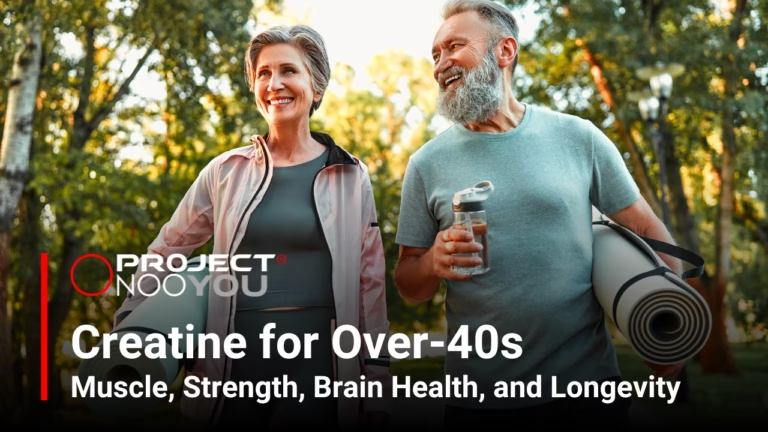



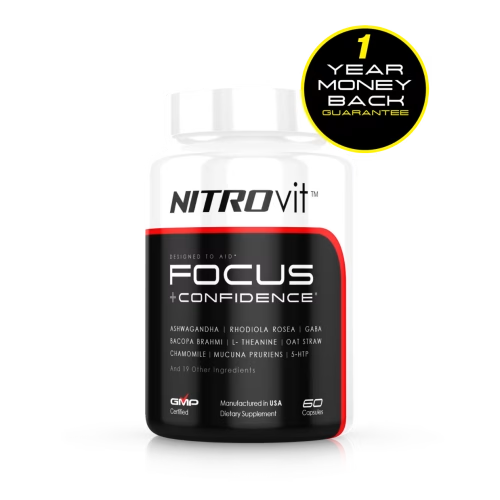
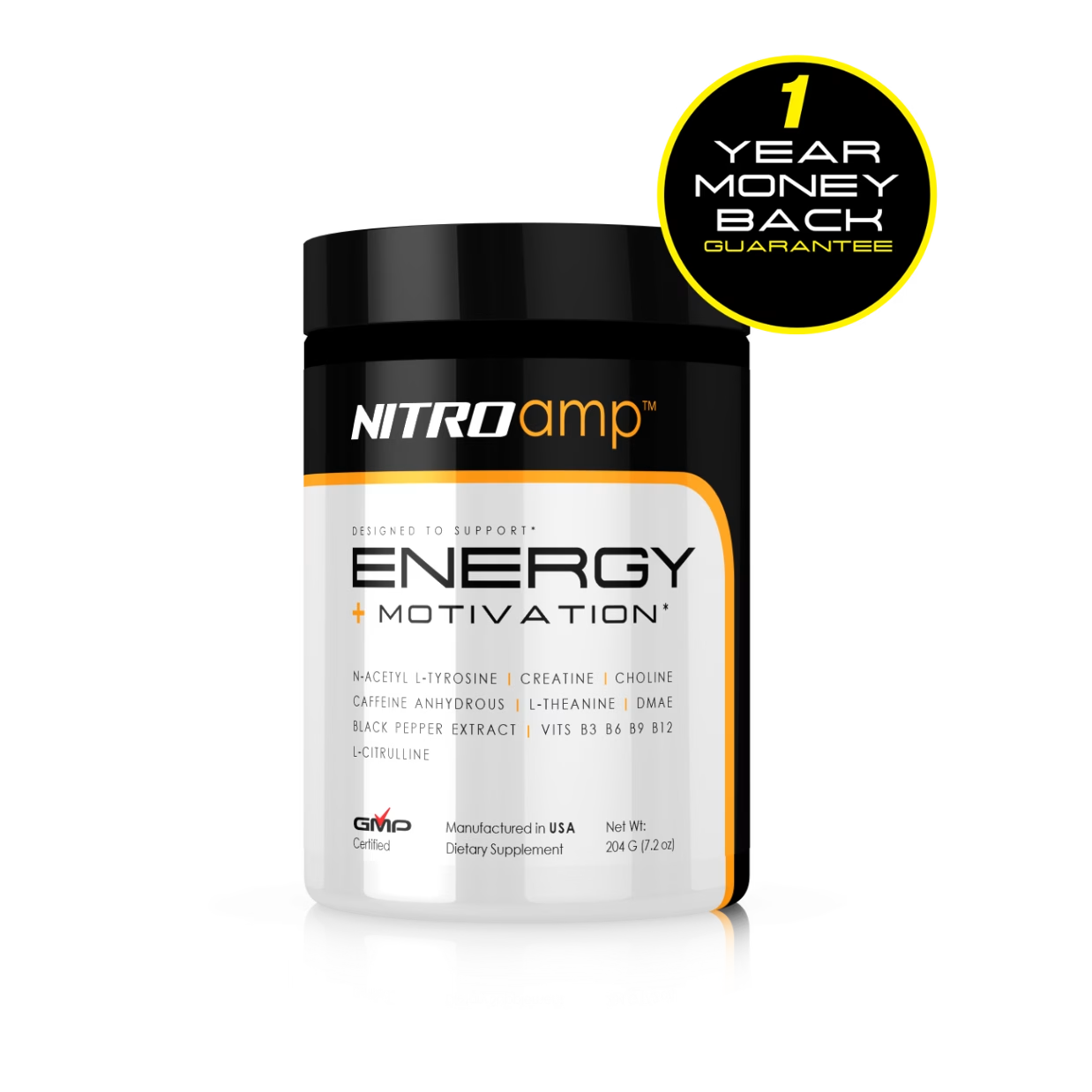
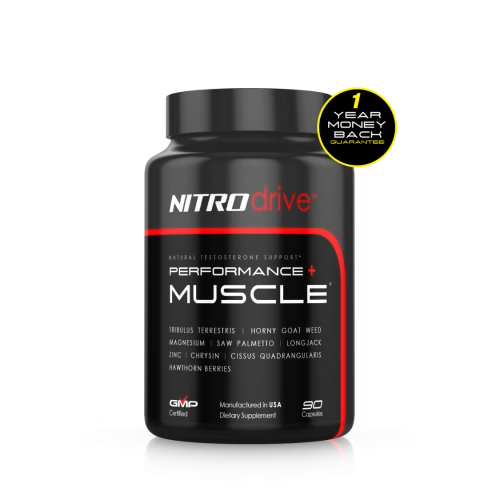
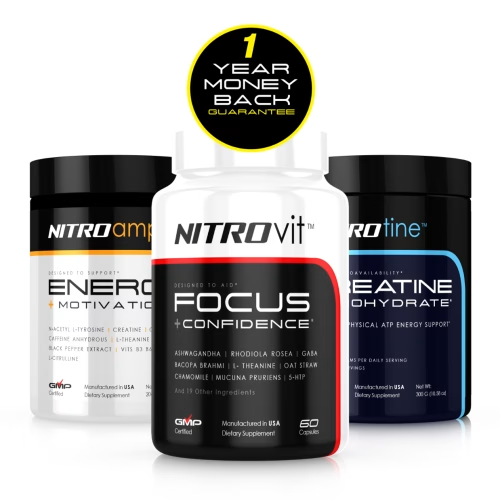
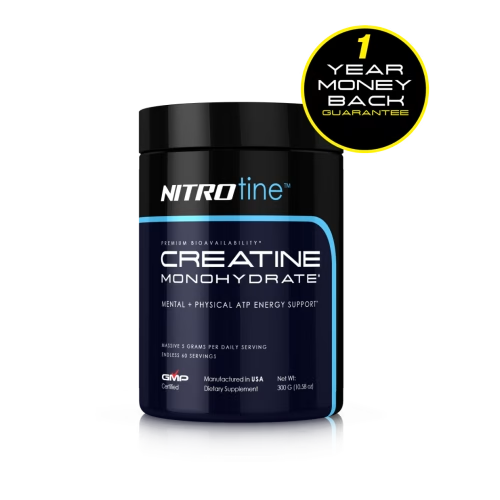
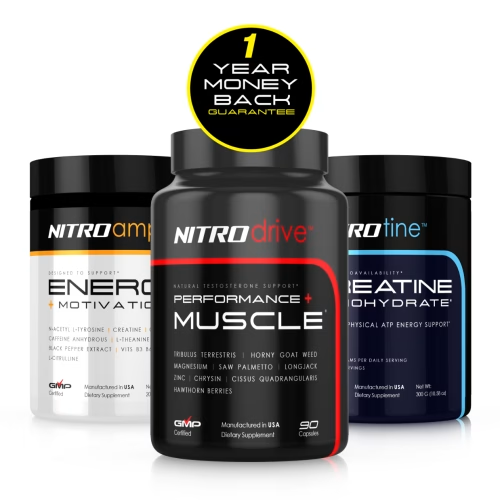
2 Responses
This is a great article. Thank you for caring about us Mark, and for Nitrovit. Keep up the amazing work.
Hi! I read through this post and it reminds me of my old roommate who would always talk about similar topics. I will definitely forward this to him. Thank you for sharing!